Food For A Healthy Mouth
- By Healthy Living Liberty Lake
- •
- 08 Sep, 2017
- •
Prevent oral cancers with the types of foods you eat.
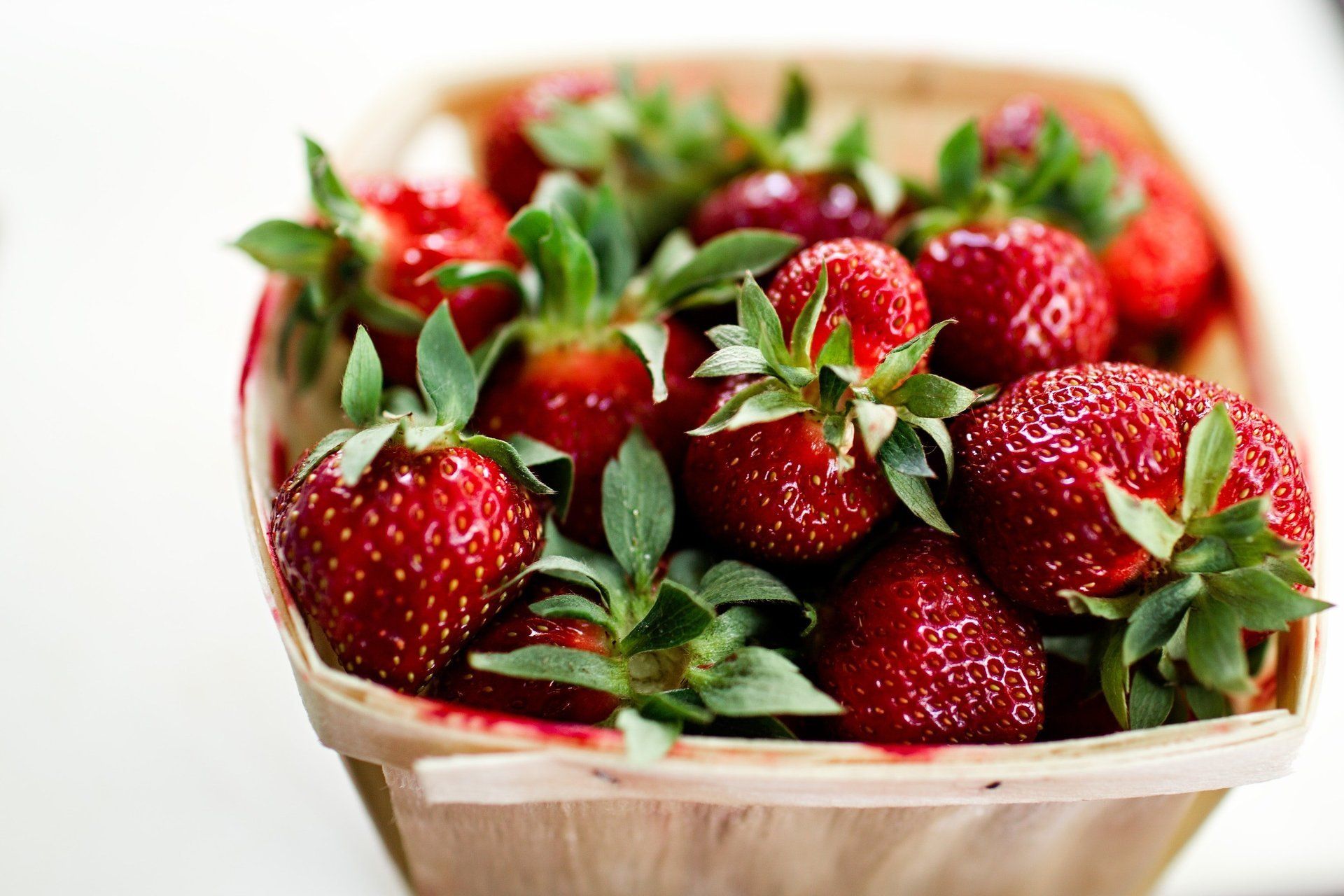
Oral cancers represent 2.5% of all cancers in the US, with 5 and 10-year survival rates of 62% and 51%, respectively. It is the sixth most common cancer in the world. Eighty percent of all oral cancers are related to smoking and alcohol, and this is well known. But, what isn’t well known is that there is a simple way to reduce your risk of this devastating cancer, and a delicious one at that.
Researchers at Ohio State have found that regularly eating two fruits will dramatically reduce your risk of oral cancer. The first is black raspberries, which have been shown to decrease the rate of oral, esophageal, and colon cancers. And now a study has shown that eating strawberries causes biochemical changes in your mouth that may inhibit the development of oral cancer.
In the study, both smokers and non-smokers ate strawberries every day, while avoiding any other red or purple fruits or veggies that could interfere with results. By the end of the study, researchers found significant changes in the mouth of smokers who ate the strawberries. The composition of mouth bacteria and the expression of certain cancer-causing genes were altered. Strawberries are known to contain many antioxidants, which have anti-cancer abilities, and are packed with vitamin C, potassium, and fiber. All of these can reduce your risk of cancer, heart disease, and stroke. The antioxidants also appear to help prevent cancer as well.
So eat blackberries and strawberries, not only for their deliciousness, but for their numerous health benefits. As Hippocrates said, “Let thy food be thy medicine.” Of course, if you do smoke or chew tobacco, the best thing is to cut out the habit completely. But during the summer, buy fresh, organic berries, and use frozen berries in your smoothies. Buy organic, as regular strawberries are the most likely of any fruit to contain residue from multiple pesticides, even after you wash them.
By Dr. Susan Ashley, M.D.

By Dr. Susan Ashley, MD

By Dr. Susan Ashley, MD

Opiates taken long term also leads to a reduced pain threshold, meaning a person on them will feel pain at a much earlier level than someone else.
There's a lot of interest now in using cannabis to reduce chronic pain, and studies have shown they can be quite effective for neuropathy, migraines, spasticity and joint pain.
However, it doesn't always work, and now a new study shows why.
Then at the end of the 4 years, the people who used cannabis for pain had greater pain severity scores They also found that the meds and other remedies taken for pain were less likely to be effective. In addition, they had greater generalized anxiety disorder severity scores. The bottom line-- the cannabis users were not able to decrease the use of narcotics. Why?
Because of the well known fact that chronic narcotic use decreases pain threshold. In fact in some people the threshold becomes so low that even minor pains can seem intolerable. In essence, the narcotics cancel the pain relieving effects of the cannabis.
Chronic opiates should be avoided as much as possible in chronic pain. Tolerance develops quickly, addiction can occur, and pain threshold is lowered. If you have chronic pain, use other modalities first to try to alleviate the pain. This includes cannabis, acupuncture, anti-inflammatory drugs, weight loss, energy medicine, and stem cells. We have used IV stem cells for reduction of neuropathy pain with good effects.
By Dr. Susan Ashley, MD
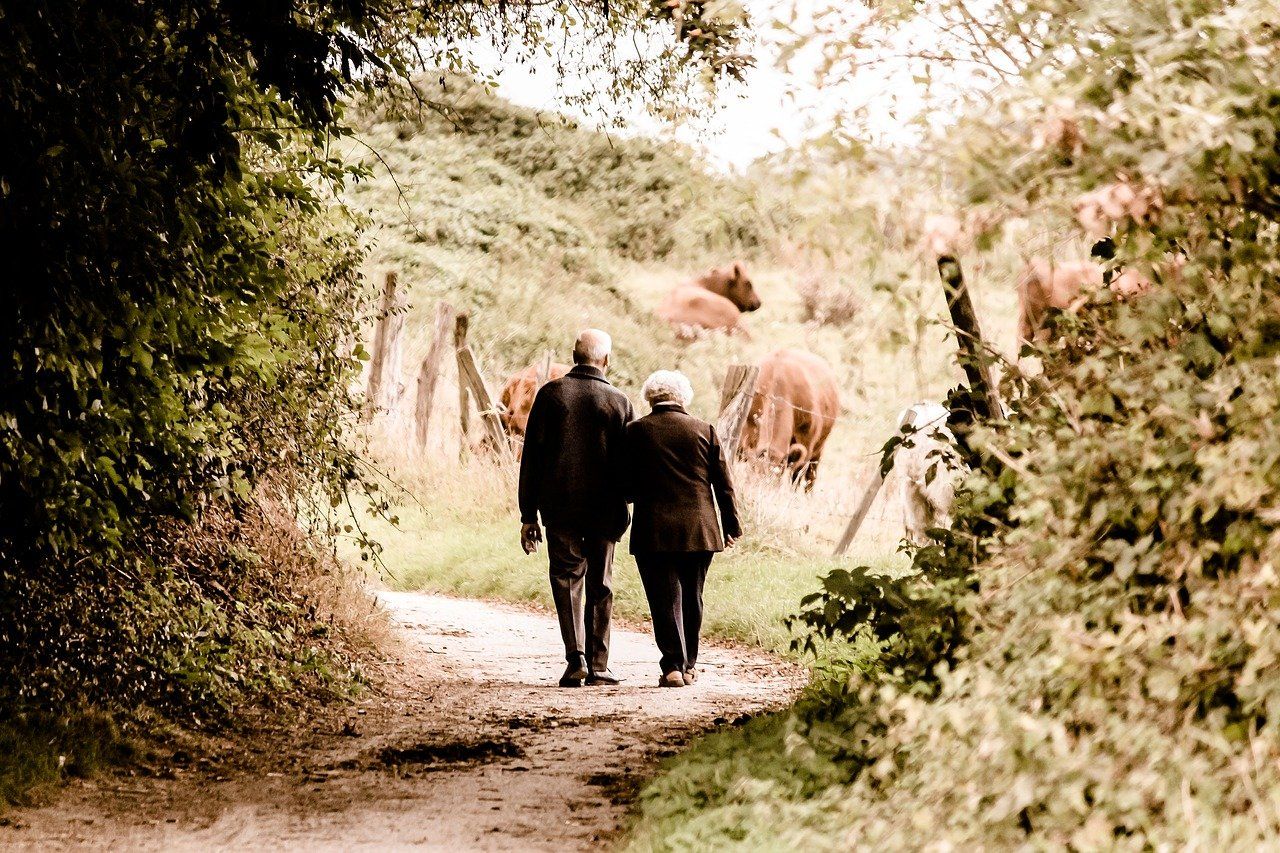
Not only that, but those who walked at a fast pace reduced their risk of death even further, by 24 percent.
All it took was putting one foot in front of the other a little more quickly!
And when the researchers zeroed in on cardiovascular disease deaths among participants over age 60, the results were even more striking.
Compared to the slowest walkers, average-paced walkers slashed their risk of dying from cardiovascular disease by 46 percent -- and the fast-paced walkers slashed it by a whopping 53 percent.
Now, the study didn't determine exactly how walking at a faster pace can add years to your life. And how fast do you have to walk just to hit the "average" mark? How brisk is brisk?
In the study, a "fast" pace was defined as one that makes you slightly out of breath or sweaty when sustained. That could vary depending on how much you weigh, how much sleep you got, how much you ate earlier in the day, etc. So there was no exact speed such as 3 mph or 4 mph.
By Dr. Susan Ashley, MD
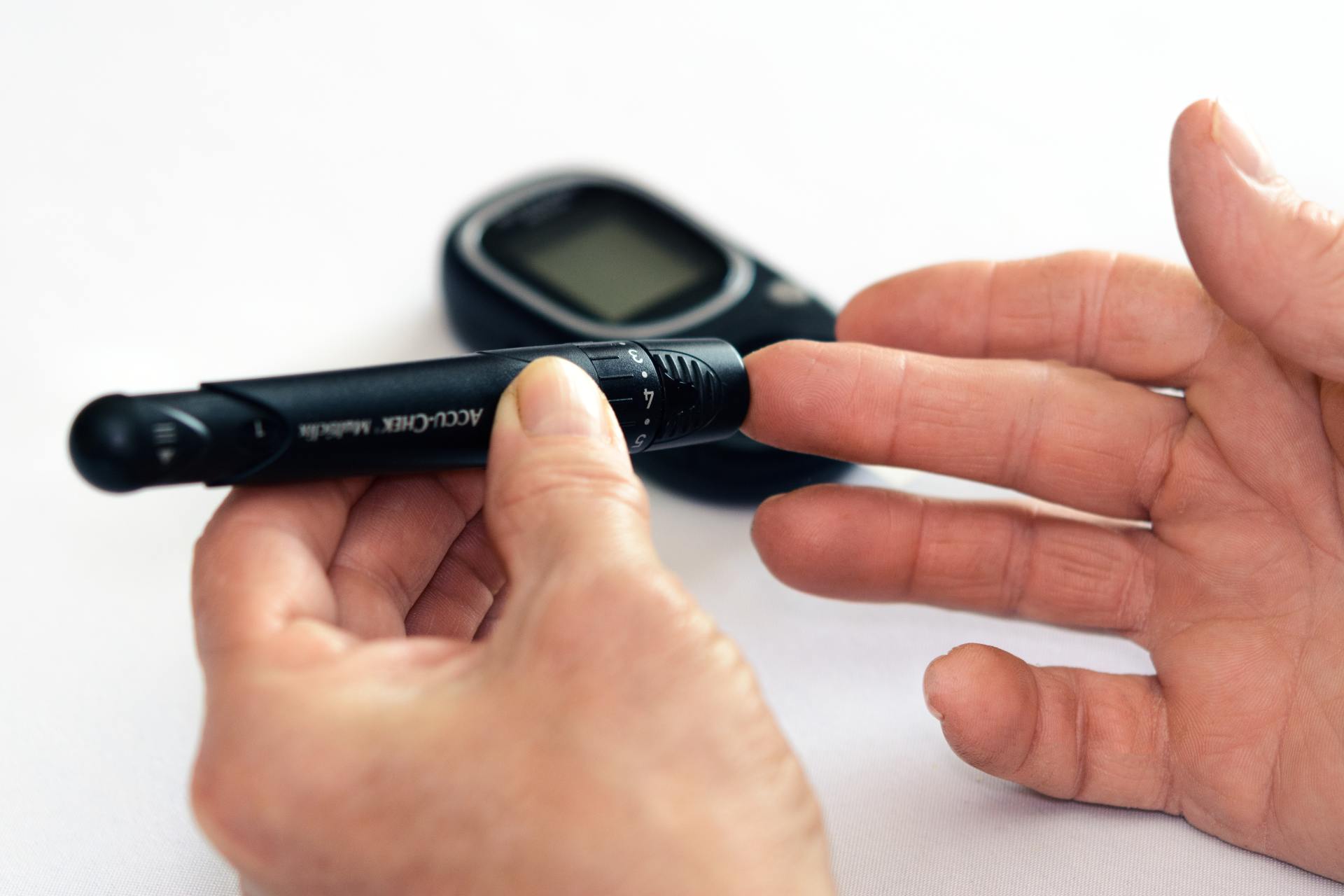
By Dr. Susan Ashley, MD
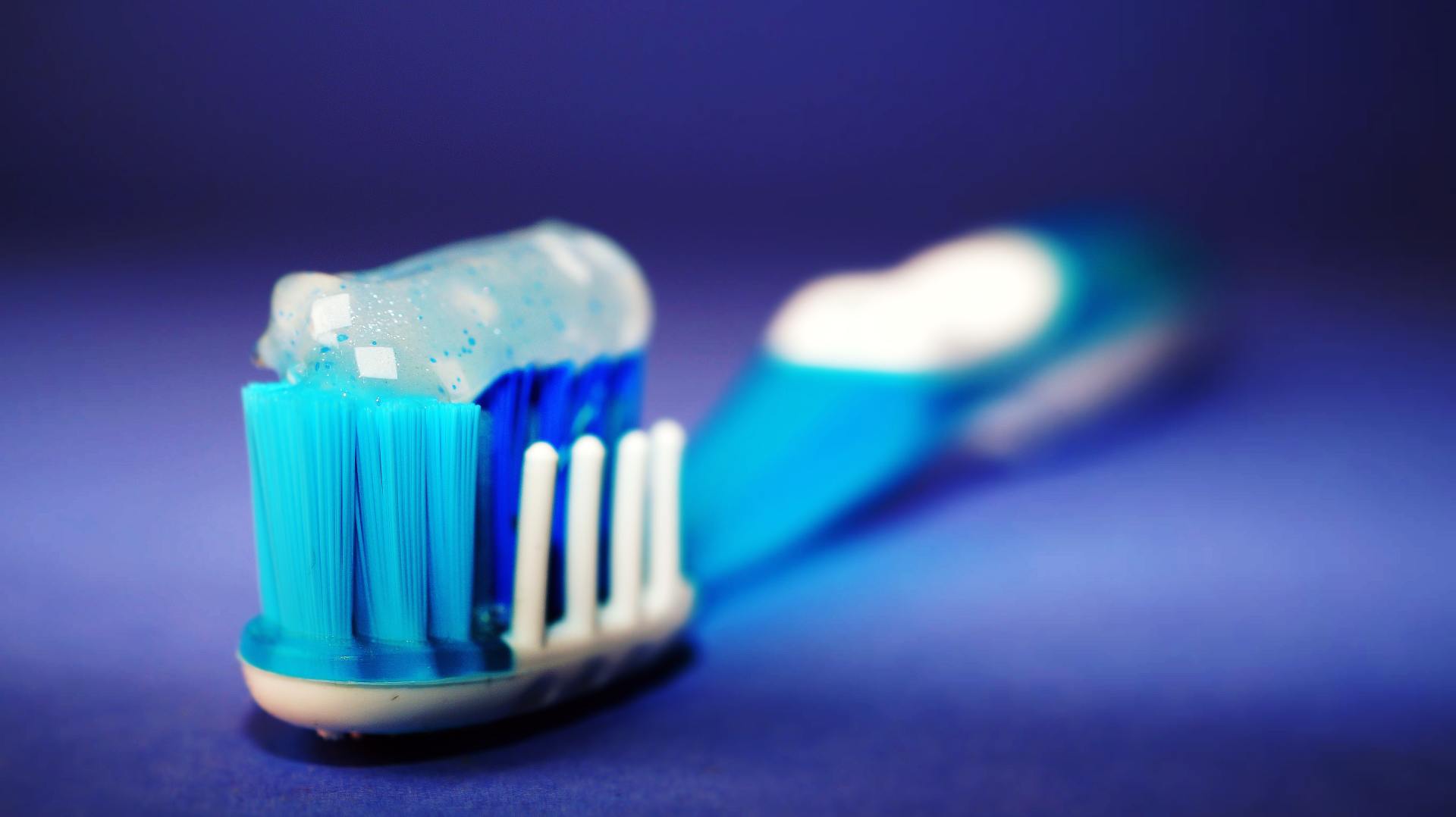
Side effects of triclosan include:
- About 1/2 cup coconut oil
- 2-3 Tablespoons of baking soda
- 2 small packets of stevia powder
- 15-20 drops of peppermint or cinnamon essential oil
- 10 drops myrrh extract (optional)
Natural Toothpaste Instructions
- Melt or slightly soften coconut oil.
- Mix in other ingredients and stir well. If using semi-hard coconut oil, use a fork, if not, use a spoon. If you are using completely melted coconut oil, you will need to stir several times while the mixture cools to keep the baking soda incorporated.
- Put mixture into small glass jar (I make different ones for each family member)
- Let cool completely.
- To use: dip toothbrush in and scrape small amount onto bristles. Could also use a small spoon to put on toothbrush.
By Dr. Susan Ashley, MD

By Dr. Susan Ashley, MD

By Dr. Susan Ashley, MD
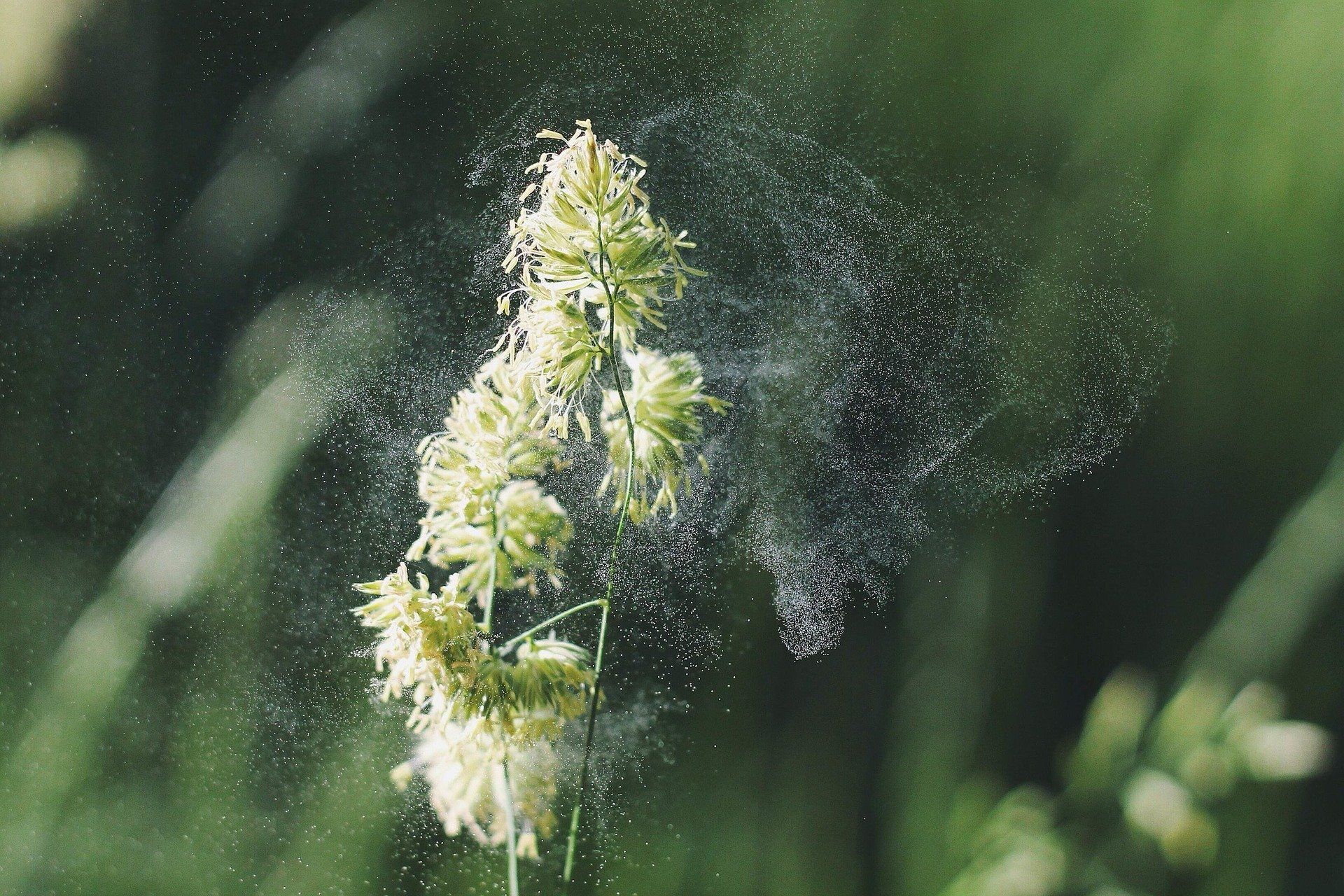
By Dr. Susan Ashley, MD
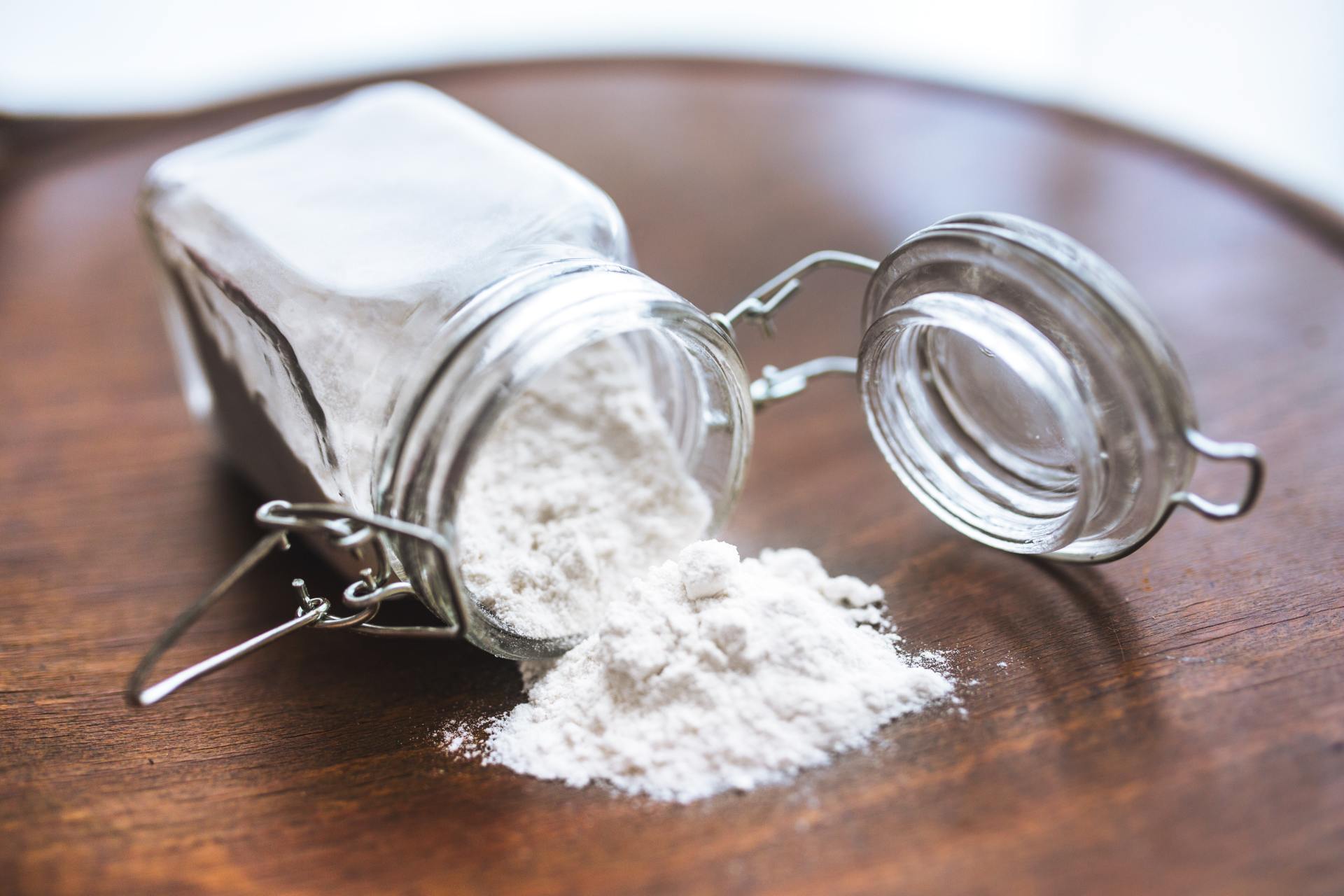
By Dr. Susan Ashley, MD
